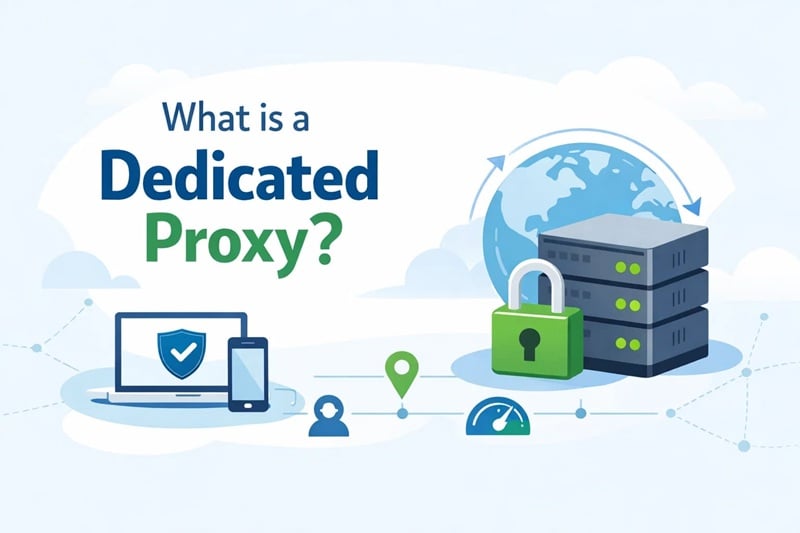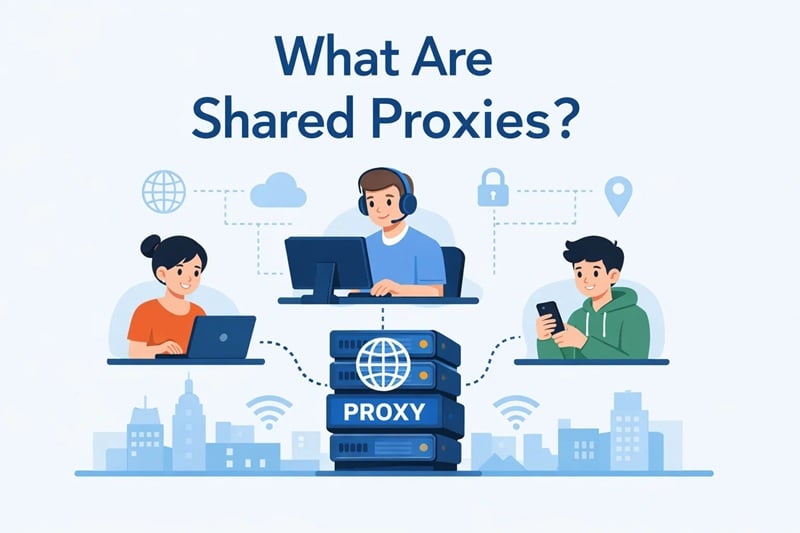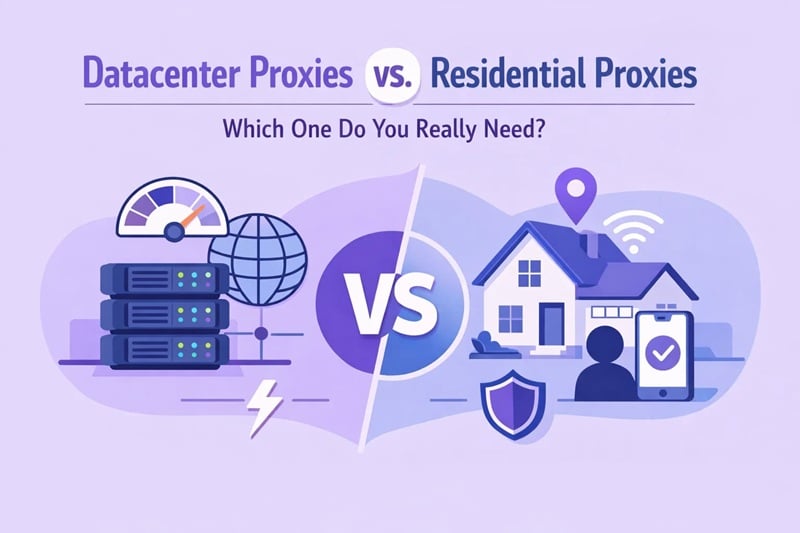Why Do ID Verification When Using A proxy Server?
Why Do ID Verification When Using A proxy Server?
In recent years, the Chinese government has tightened supervision of the Internet, and one of its measures is to require users to undergo real-name authentication when using proxy servers. This policy sparked widespread discussion and controversy. This article will explore the background, purpose, and possible impact of this policy, as well as how to balance network security and personal privacy considerations.
1. Background and purpose
One of the main purposes of the Chinese government's implementation of the proxy server real-name authentication policy is to strengthen network security. Proxy servers can be used to bypass network filtering and monitoring, which may be used by criminals for illegal activities, such as online fraud, information leakage, etc. Therefore, the government hopes to regulate the use of proxy servers to reduce potential cybercriminal activities by requiring users to provide real identity information.
2. Steps and procedures for real-name authentication
According to the policy, domestic users in China need to undergo real-name authentication when using proxy servers. The steps for real-name authentication usually include the following:
2.1 Provide identity information: Users need to provide personal identification documents, such as ID number, mobile phone number, etc.
2.2 Verification of identity information: The network service provider or proxy server service provider will verify the authenticity of the identity information provided by the user.
2.3 Record usage information: Once users pass real-name authentication, their proxy server usage information will be recorded for verification and supervision.
3. Potential Impact
3.1 Enhancement of network security: The real-name authentication policy is expected to reduce cybercriminal activities, enhance network security, and protect users from network threats.
3.2 Personal privacy concerns: Some people worry that the real-name authentication policy may damage personal privacy rights. Providing personally identifiable information may leave users vulnerable to tracking and surveillance, raising privacy concerns.
3.3 Impact on the right to use anonymously: The real-name authentication policy may limit the user's right to anonymously surf the Internet, which may be a legitimate need in some cases, such as sensitive news periods or political activities.
4. Balance network security and personal privacy.
When implementing the proxy server real-name authentication policy, network security and personal privacy need to be balanced. Here are some possibilities:
4.1 Transparency and supervision: The government should ensure that the implementation of real-name authentication policies is transparent and establish an effective supervision mechanism to prevent the misuse of personal information.
4.2 Legal protection: Formulate laws and regulations to clearly stipulate when and how users can be required to undergo real-name authentication and ensure that users' legitimate rights and interests are protected.
4.3 Education and Awareness Raising: Provide education to the public about cybersecurity and personal privacy to help them understand the purpose and impact of the policy.
5. Conclusion.
The proxy server real-name authentication policy is a measure taken by our country to strengthen network security. While this policy helps reduce cybercriminal activity, it also raises privacy concerns. In order to balance network security and personal privacy, the government should adopt transparent policies and regulatory measures, clarify legal protections, and improve the public's awareness of network security and privacy. Ultimately, it is important to respect individual rights and privacy while ensuring online security.
Okey Proxy provides proxy services from more than 200 countries around the world and has a large overseas 150M+ Rotating Residential IP pool for meeting the needs of various use cases.






















